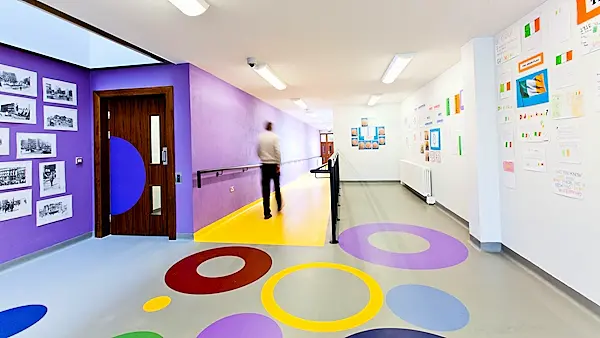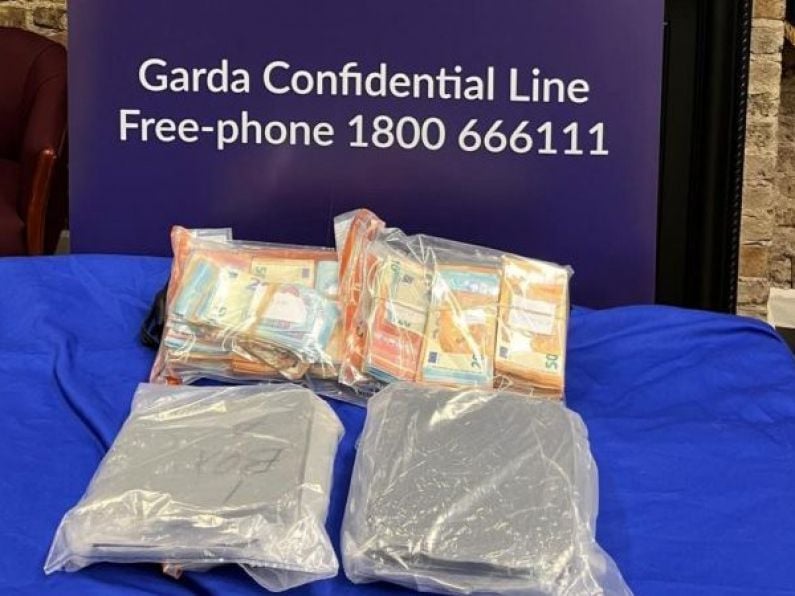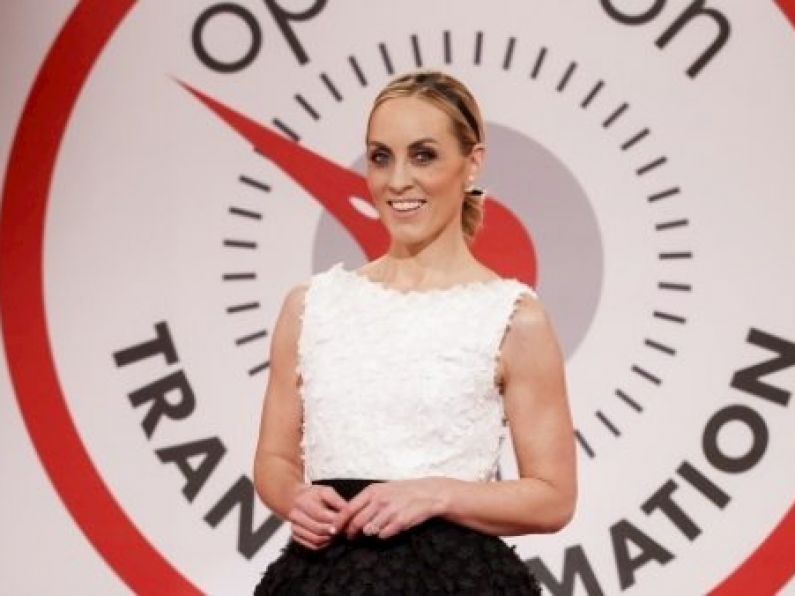A boy detained at Oberstown Children Detention Centre has lost his High Court challenge over being subjected to a "separation" period following an incident involving an eight-hour "standoff" between several detainees and staff.
Mr Justice Garret Simons ruled the "limited" measures taken by Oberstown Director Pat Bergin arising from the standoff incident at Oberstown sports hall on September 16th 2018, when the youth and two other detainees engaged in an eight-hour "stand-off" with staff, were lawful and "entirely proportionate".
He was satisfied there was no breach of the youth's constitutional rights and the measures were not such as to engage the European Convention of Human Rights.
In his detailed judgment on Friday, the judge noted Mr Bergin had said the youth had directed verbally abusive slurs of a highly sexualised nature and threatening language towards staff and only agreed to return to the residential unit at 1.30am. As a result, he was subject to separation measures under a six-day plan that ran up to September 24, 2018.
He was described as having expressed his intention of hurting them or his fellow residents at various points during September 17 and 18, 2018, the judge noted.
The separation measures were "limited" and the youth was permitted to reside in his own bedroom, to engage in physical activity, sometimes with a peer, and to access the multi-purpose room. He was also allowed to make phone calls to his mother, girlfriend and his solicitor and had met his solicitor on September 18.
His case, against the Oberstown director and the State, was initiated on September 20 2018.

It centred on the nature and extent of the legal constraints which apply to the director of a "children detention school", as defined under law, in taking measures for the maintenance of order at the school.
It was claimed a child detainee is entitled to a formal written decision setting out adequate reasons for the separation, notice of its terms, an opportunity to make representations and to appeal the decision.
Those arguments were predicated, the judge noted, on claims that separation interferes with the child's constitutional right to dignity and bodily integrity.
In dismissing the case, the judge said the temporary separation was lawful and entirely proportionate given the risk the youth's behaviour presented at the time to staff and other detainees.
The director, he ruled, was not obliged to comply with the elaborate procedural requirements contended for when the separation measures were necessary to address the urgent situation, were very limited, were reduced in severity over the six days and were not intended to serve a punitive objective.
The youth had sufficient protection as the director had complied with a July 2018 Single Separation Procedures document, he said.
He rejected claims because an adult prisoner has certain safeguards under the 2007 prison rules which do not apply to child detainees, the youth suffered unjustified discrimination and his right to equality before the law was breached.
The difference in treatment of offenders based on age which is provided for under the Children Act 2001 serves a legitimate legislative purpose, he said.
He also said the separation measures, in this case, did not involve any of the features that had been of considerable concern to another High Court judge in a separate case. That was so because they were limited to six days and the boy was in his room, had access to exercise, educational and recreational materials, and had phone contact with his family at all times.






